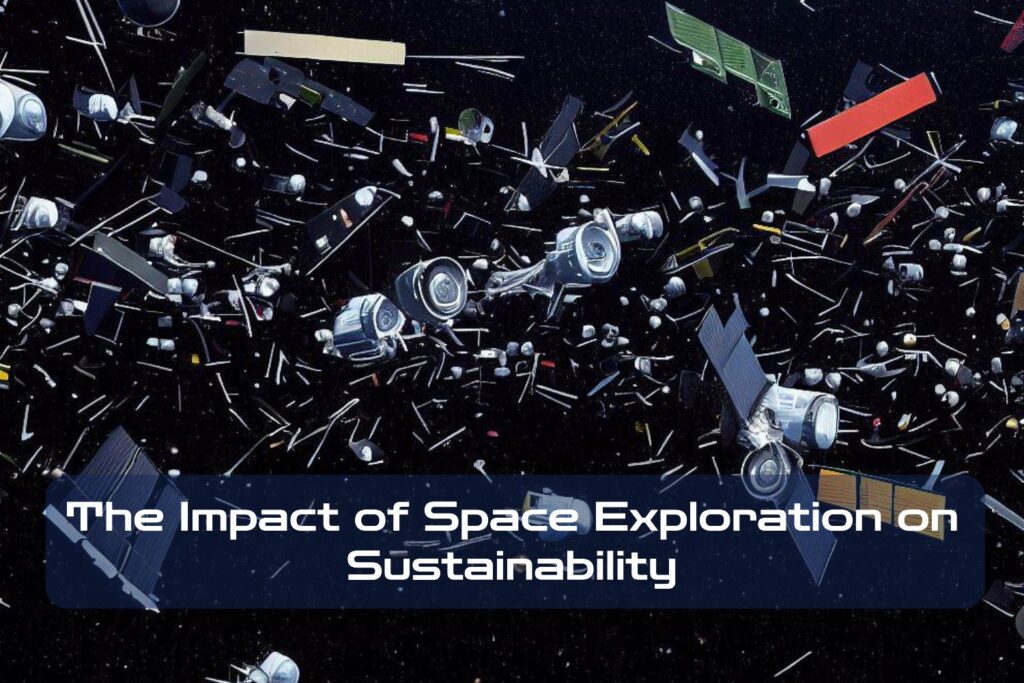As we stare up at the night sky, entranced by the twinkling stars and the glowing moon, the infinite wonders of the universe inspire us. The cosmos represents an endless frontier of discovery and human advancement. However, as we venture further into the expanse of space, we must also recognize our responsibility to preserve and protect these extraterrestrial environments. As exciting as space exploration is, it’s equally important to address its environmental implications, making sustainability a key concern for the next phase of our cosmic adventures.
A Universe Finite: The Imperative of Sustainability in Space Exploration
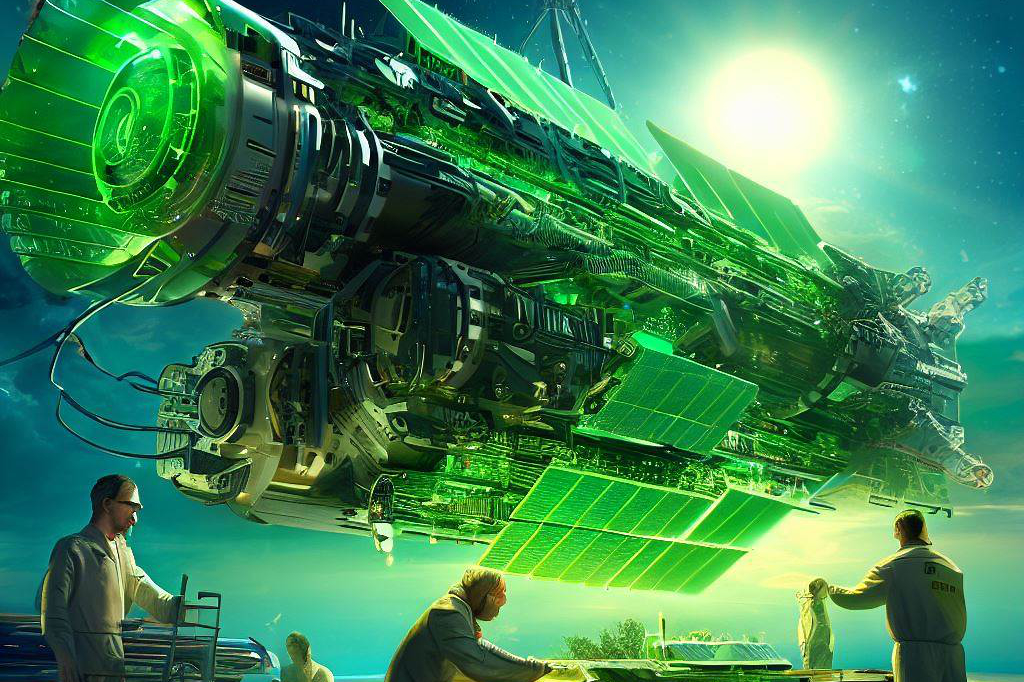
Despite its vastness, the environment and resources of space are finite. We might perceive the cosmos as boundless, but as we probe further and increase our presence, the potential to cause harm escalates. Not unlike our Earth, space is susceptible to pollution and over-exploitation.
The detritus of defunct satellites, spent rocket stages, and other debris – remnants of our exploration – can pose severe threats to both manned and unmanned space missions. Irresponsible actions may result in us damaging the very environments we seek to explore, hampering our efforts to uncover the secrets of the universe.
Hence, it’s not just a matter of principle, but a practical necessity to incorporate sustainable practices in space exploration. By doing so, we are ensuring the longevity of our endeavours and preserving opportunities for future generations of explorers and scientists.
Bold Initiatives: Embarking on a Sustainable Journey
The significance of sustainability in space exploration hasn’t gone unnoticed. Several bold initiatives have already embarked on the challenging journey to incorporate sustainable practices into space travel.
NASA’s Pioneering Sustainability Campaign

As one of the premier space agencies, NASA is leading the charge through its groundbreaking Sustainable Campaign. This comprehensive initiative has been put into place to minimize the environmental footprint of NASA’s activities, ranging from research operations to spacecraft launches.
NASA’s efforts include redesigning spacecraft for enhanced efficiency, using renewable energy sources, and implementing waste management practices. Their strides towards sustainability have been impressive. They’ve achieved a 20% reduction in greenhouse gas emissions from their facilities since 2008 and cut water usage by over 30% since 2007.
European Space Agency’s Clean Space Initiative
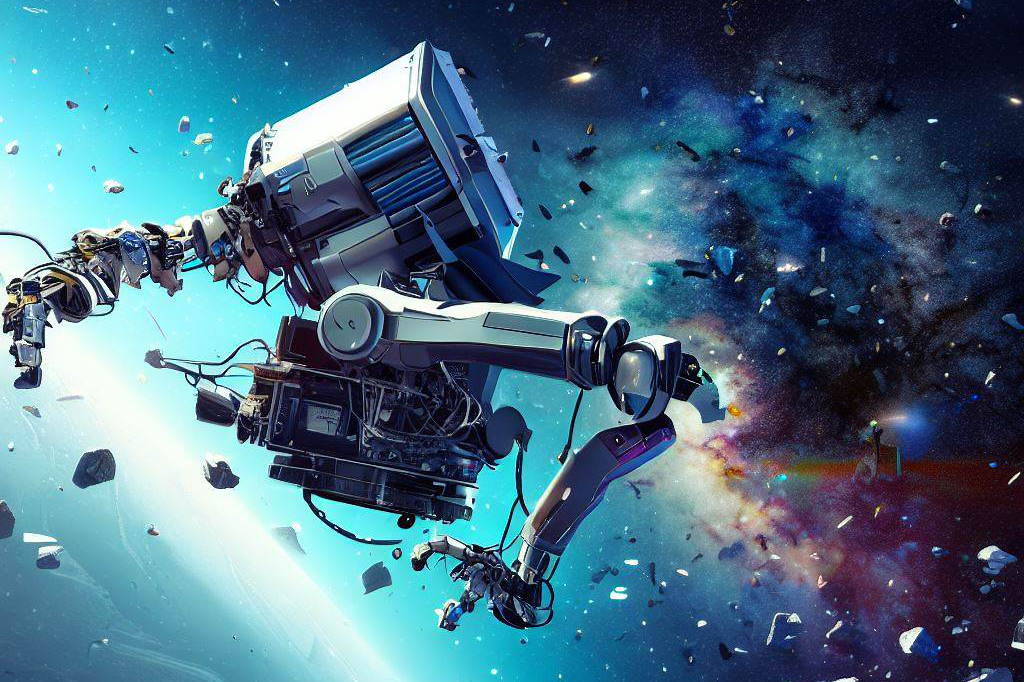
Across the Atlantic, the European Space Agency has launched the Clean Space Initiative (CSI), aimed at mitigating the growing problem of space debris. The CSI champions the development of spacecraft with fewer components, employing materials that can be safely disposed of, or better yet, reused.
The initiative also utilizes sophisticated sensors on satellites to monitor and prevent the creation of more debris. It has already seen promising progress, with plans to launch a debris-clearing robotic arm by 2025.
SpaceX’s Revolution: The Reusable Starship
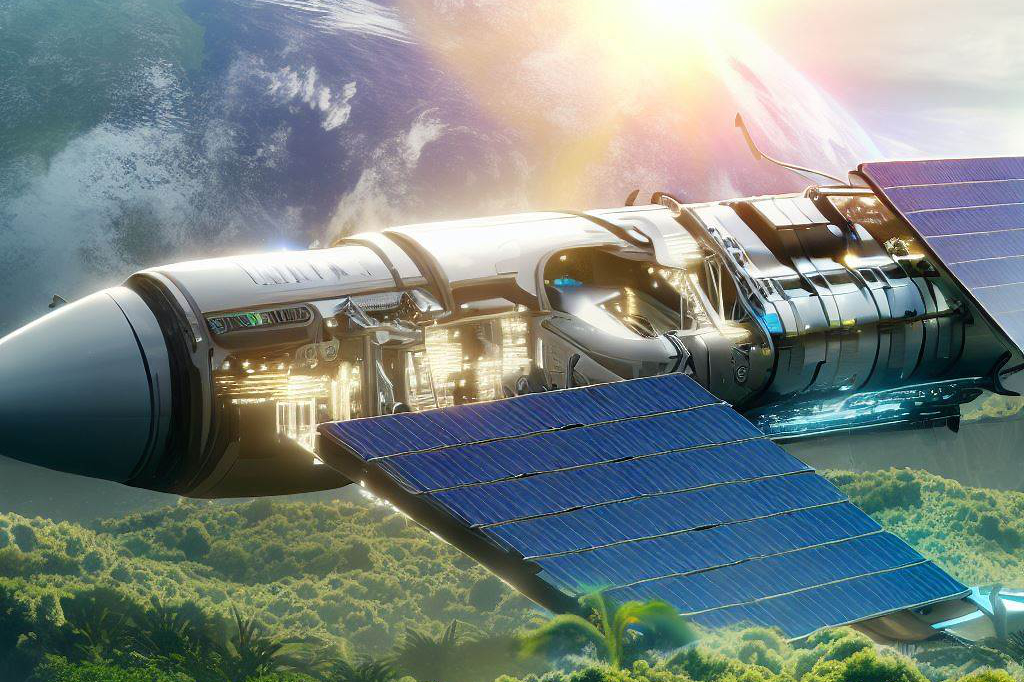
Private entities are not lagging in their contributions towards sustainable space exploration. Spearheaded by Elon Musk, SpaceX has revolutionized space travel with the design of Starship, a fully reusable spacecraft. This breakthrough drastically reduces waste and the costs associated with rocket launches. SpaceX is also harnessing renewable energy sources like solar power for its spacecraft, further underlining its commitment to sustainability.
Guardians of the Galaxy: Organizations Leading the Sustainability Crusade
Several organizations are zealously advocating for sustainable space exploration, creating ethical frameworks and establishing best practices.
The Planetary Society: Advocates for Ethical Exploration

Founded by Carl Sagan, Bruce Murray, and Louis Friedman, The Planetary Society is a pioneer in advocating for responsible space exploration. Their mission includes defending our home planet from asteroid impacts and championing public support for ethical space exploration.
Moon Village Association: Building a Sustainable Lunar Settlement

The Moon Village Association aims to establish a sustainable human presence on the moon. They promote the utilization
of lunar resources to minimize transportation costs from Earth and facilitate long-term habitation. Their collaborations extend to private industries, governments, and international organizations, ensuring efficient and sustainable use of resources.
International Astronautical Federation: Standardizing Space Regulations

The International Astronautical Federation works towards peaceful, beneficial space exploration for humanity. Collaborating with space agencies, research centers, and private companies worldwide, they aim to establish standardized space regulations, ensuring sustainable practices are universally adopted.
Challenges on the Horizon and Pathways to Progress

While significant progress has been made, the road to sustainable space exploration isn’t without its hurdles. Challenges such as lack of adequate funding, political support, and technical issues in creating sustainable technologies from scratch are formidable.
However, every challenge presents an opportunity for innovation. By fostering an educational dialogue among stakeholders, we can underline the importance of long-term investment in sustainability. Creating partnerships with private entities can aid in securing funding and tapping into private-sector expertise. Regulatory frameworks at an international level can hold countries accountable for their actions in space, promoting a collective responsibility towards our cosmos.
Concluding Thoughts: Forging a Sustainable Future in Space
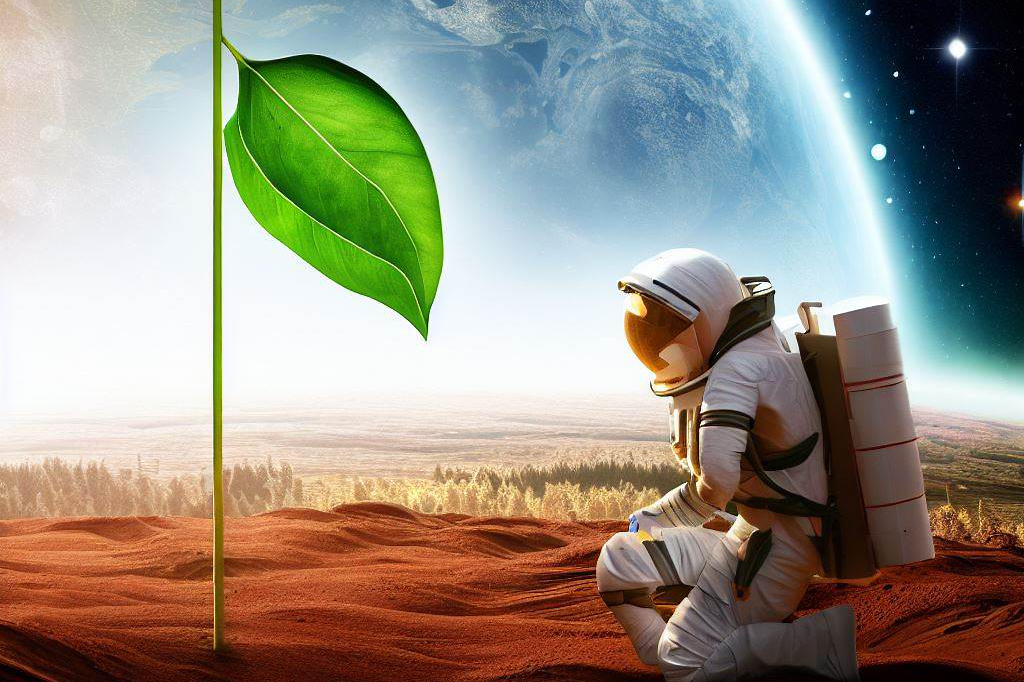
Our journey into the cosmos should not come at the expense of the environments we seek to explore. As we continue our quest for knowledge and discovery, we must also embrace our role as guardians of these extraterrestrial frontiers.
The challenges we face in promoting sustainability in space exploration are substantial but not insurmountable. With a concerted effort from policy-makers, private entities, and every individual involved in these endeavors, we can chart a course for a sustainable and responsible future in space.
Let our legacy not be one of reckless disregard, but of considered stewardship, setting an example for the generations of explorers who will follow in our celestial footsteps. In this way, we can continue to unlock the mysteries of the universe, while preserving the majesty and beauty of the cosmos for posterity.

C M, a seasoned editor, journalist, and consultant, is deeply fascinated by the convergence of technology, space, and the future of humanity.
With a particular interest in transhumanity, futurology, and the philosophical and ethical dimensions of these domains, C M serves as the lead contributor to SpaceSpotlight and TranscendSphere.
When not penning insightful articles on these rapidly evolving fields, C M indulges in their love for podcasts and books, proudly embracing their status as a ‘Happy Nerd Extraordinaire!’
